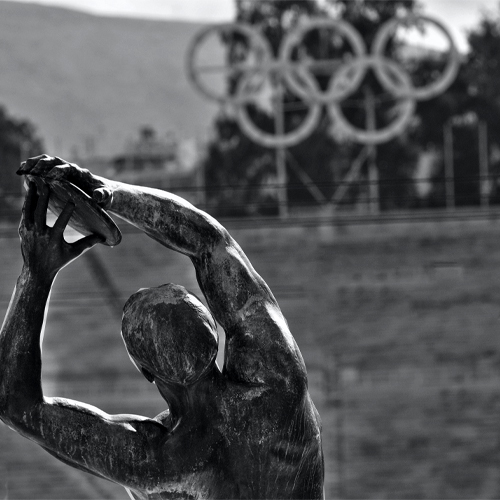Preventing Sports Injuries/Illnesses
(for the non-Olympian!)
The Games have begun! I love watching the thrill of victory, the agony of defeat, and seeing athletes who have worked hard for a chance to compete in the Olympics. I am always awed by the unfortunately common storyline of an athlete who has come back from a very serious injury to make the Olympics. Thankfully, many elite athletes have access to trainers and therapists who they can see on a daily basis. But what about for the rest of us? That is, how do we, the folks who are more likely to be seen on TV cheering for the Tokyo athletes in the stands than competing ourselves, prevent injuries in our chosen sports and exercise activities?
For children/teens – If you have a child who plays sports but has not seen their doctor in a while, try scheduling their sports physical with their own doctor. I bet the doctor will take the opportunity to make sure your child is up-to-date on other health screenings, vaccines, etc.
Eat a well-balanced diet – Food is fuel. Choose healthy foods to ensure that your body is getting all of the building blocks it needs to turn that food into energy for your exercising body. Also, make sure you eat something if you work out in the morning.

Stay hydrated – Drink hydrating fluids like water. If you are going to be sweating heavily, then you can add in a sports drink that has electrolytes, like Gatorade, Powerade, etc.
Here’s what the University of Michigan recommends for hydrating:
- Before exercise: 17-20 oz. of water at least 2 hours prior to exercise
- During exercise: 7-10 oz. of water for every 10-20 minutes of exercise
- After exercise: 16-24 oz. of water for each pound lost due to sweating
Warm Up – This doesn’t necessarily mean only stretching. Warm up your body with gentle cardio or other exercises mixed with static stretches. This will rid your muscle of any pre-exercise stiffness or tightness and decrease your risk of injuries to the muscles. Taking time to cool down is important as well.

Change it up! – Work on different types of exercise – If you like to run, then try alternating with an activity that uses your upper body, like swimming. If you are a baseball player, then consider playing soccer in the offseason.
Pay attention to pain – If the same body part hurts or swells every time you exercise, don’t ignore it! Get it checked out by your doctor.
Get the gear – Make sure you wear clothes that are comfortable, shoes that fit, and use gear made for your sport. Also, if you find a sport or activity that you will do consistently, then take the time to learn the proper technique.
Take time to rest – This has two meanings. First, make sure to get enough sleep (enough so that you feel rested the next day). Second, take at least 1 day off per week, and one month off per year.
Have a good week! Feel free to contact me with any questions.
Melissa Boylan, MD, FAAFP
Family Physician and Owner of Noreta Family Medicine

